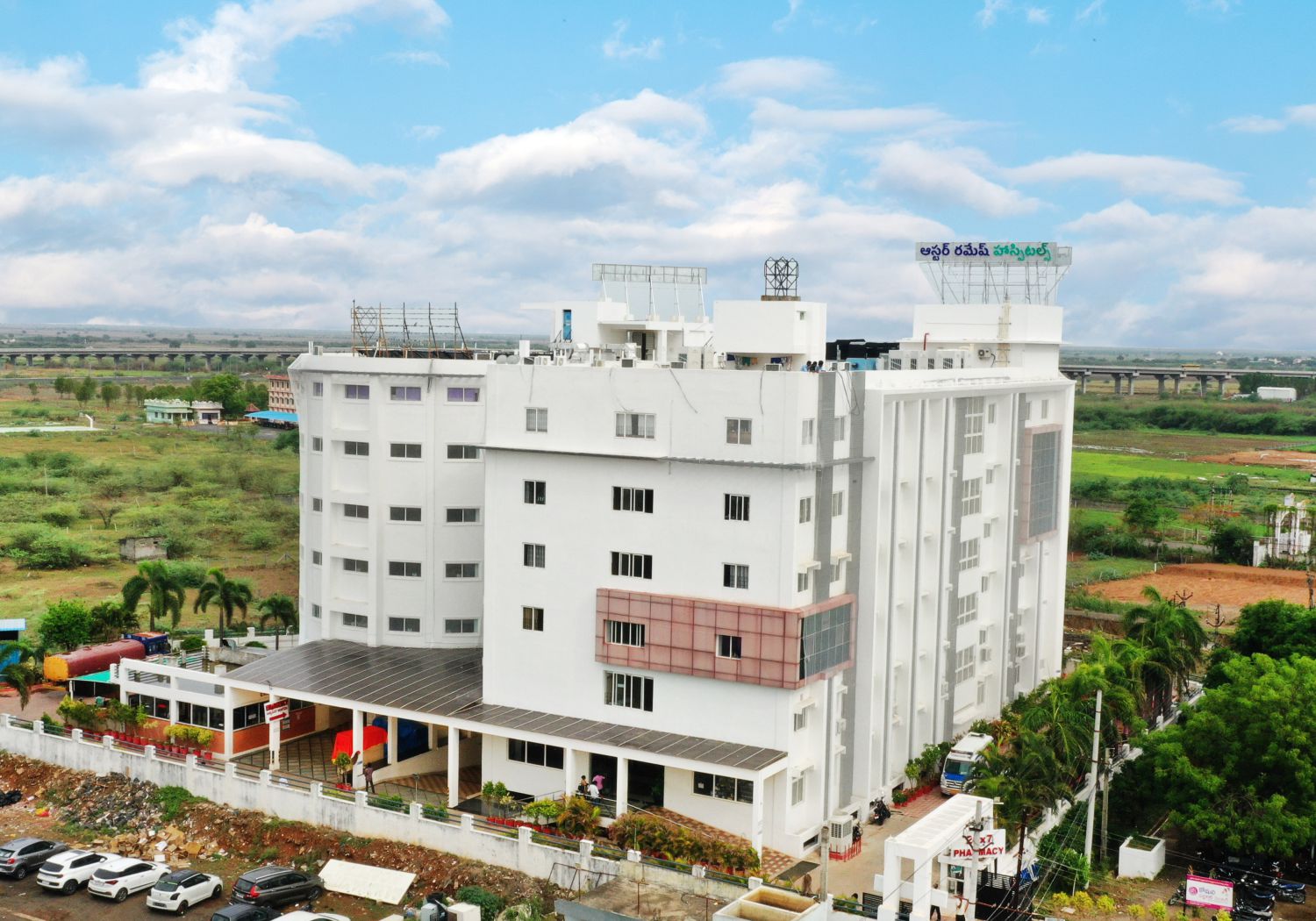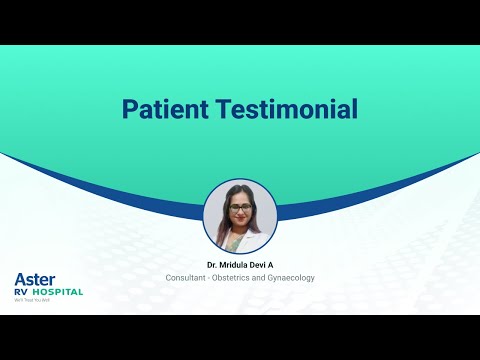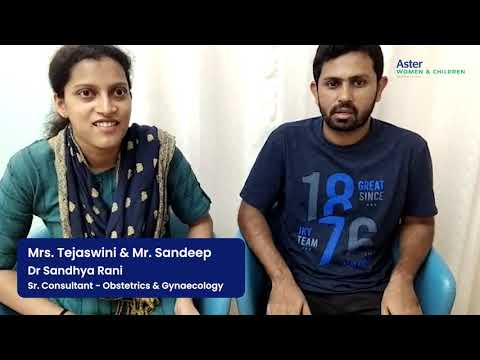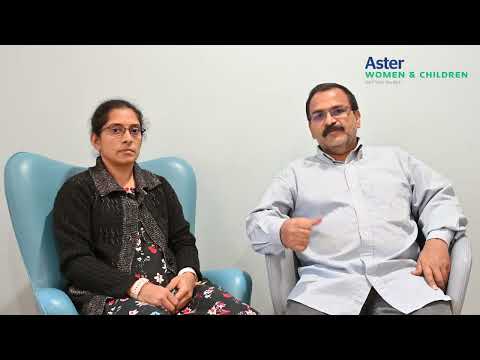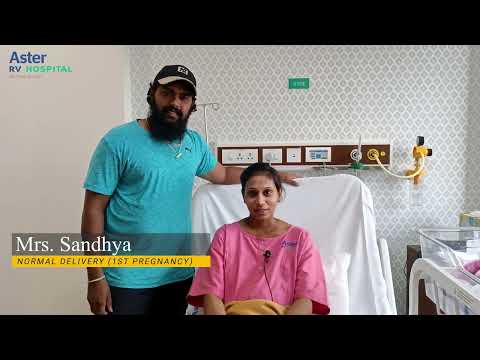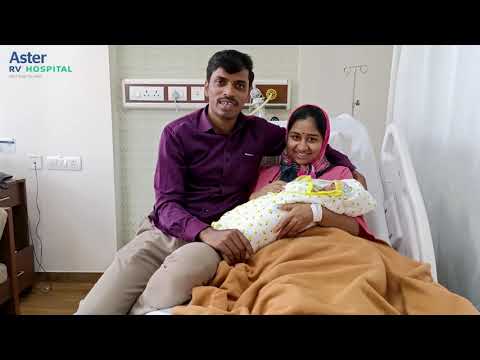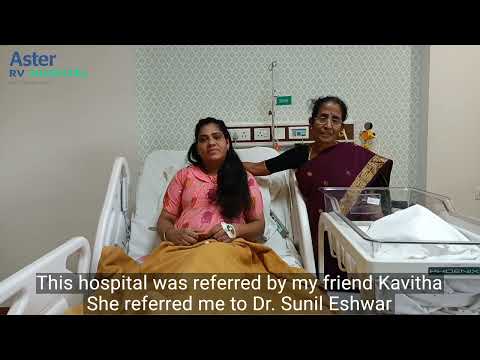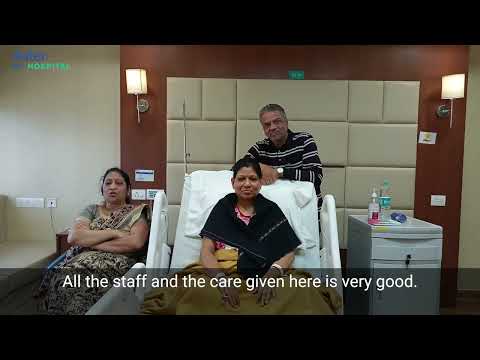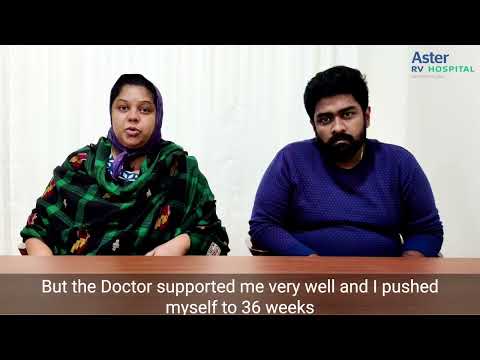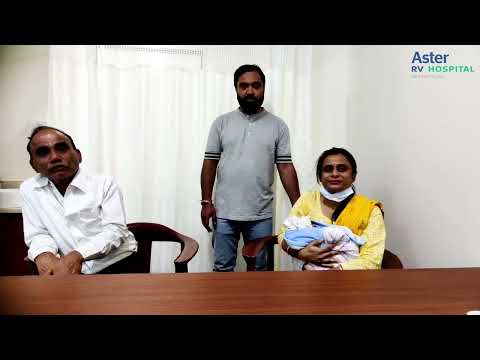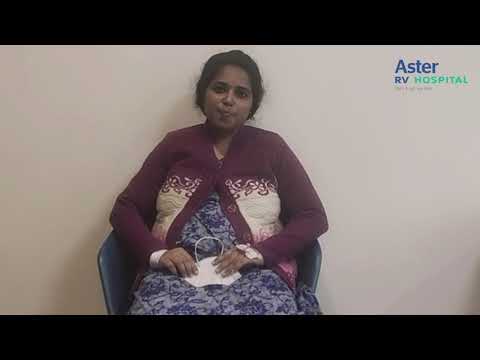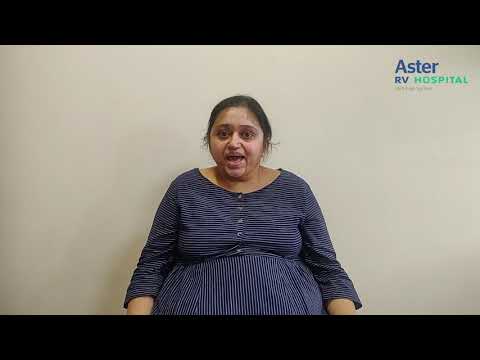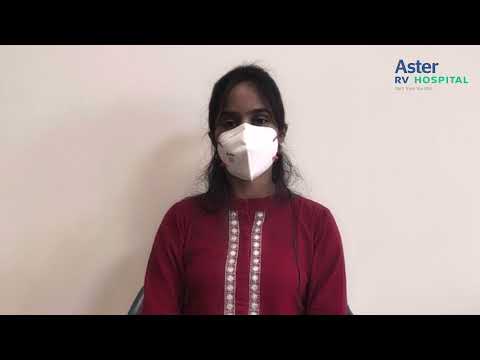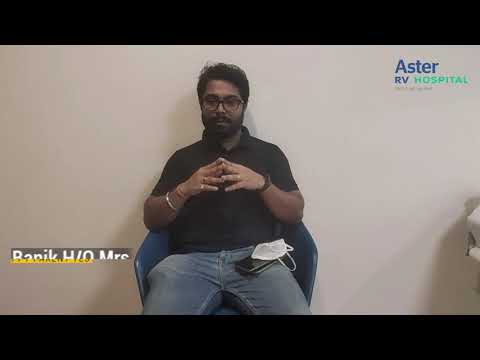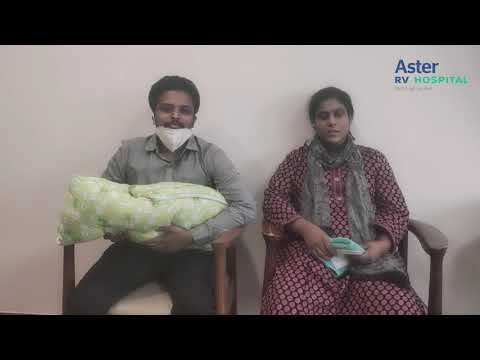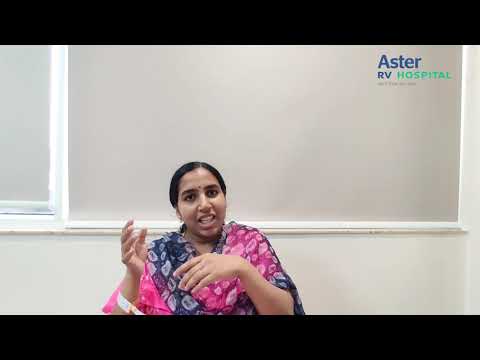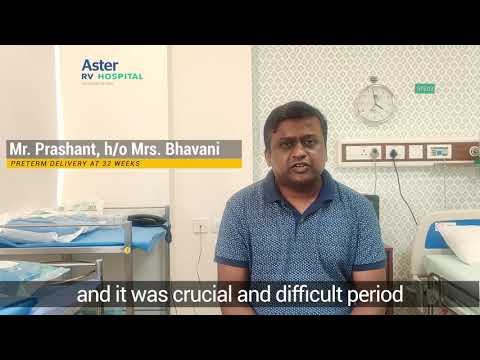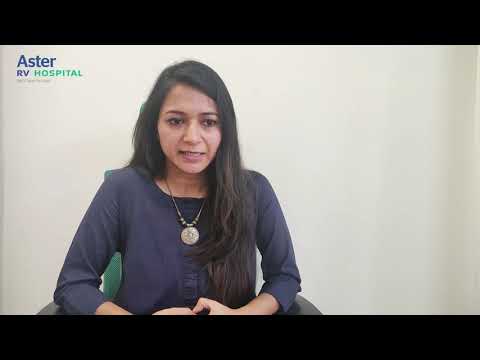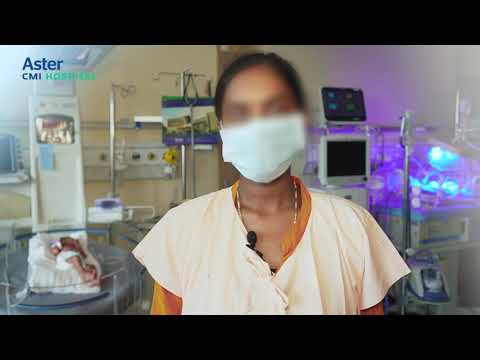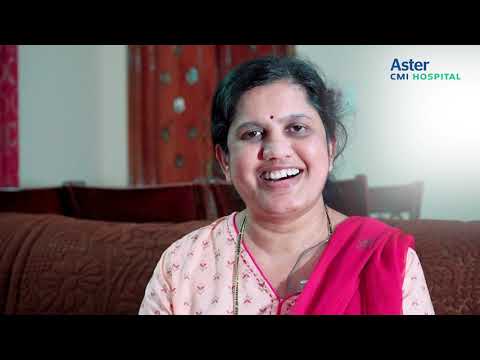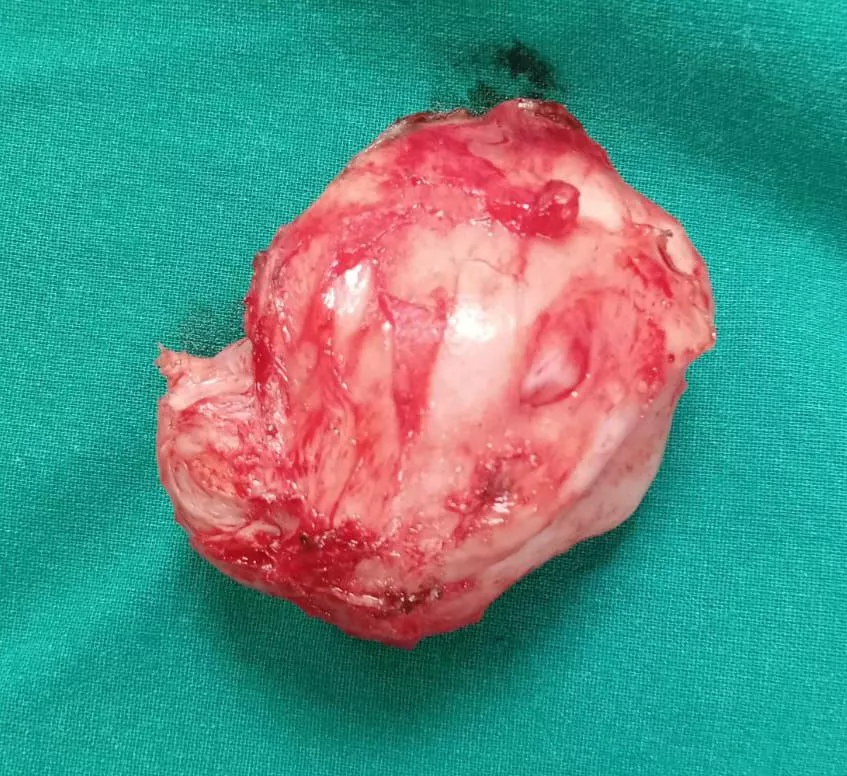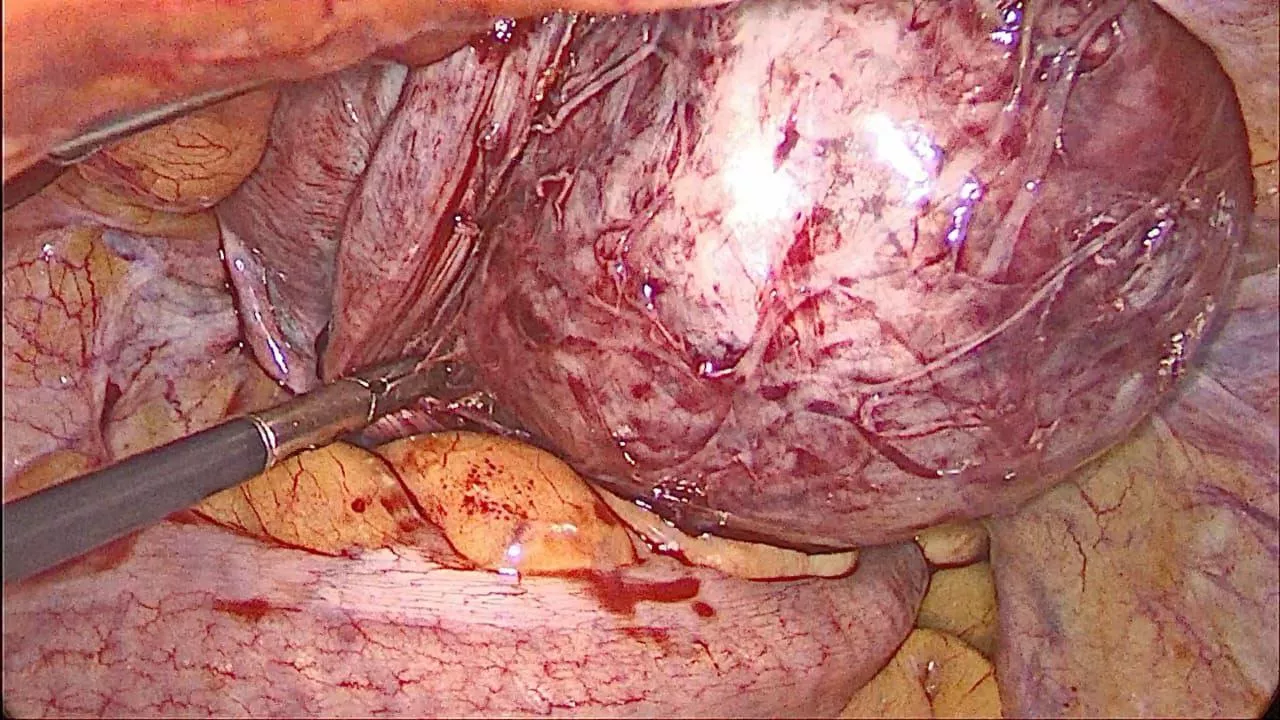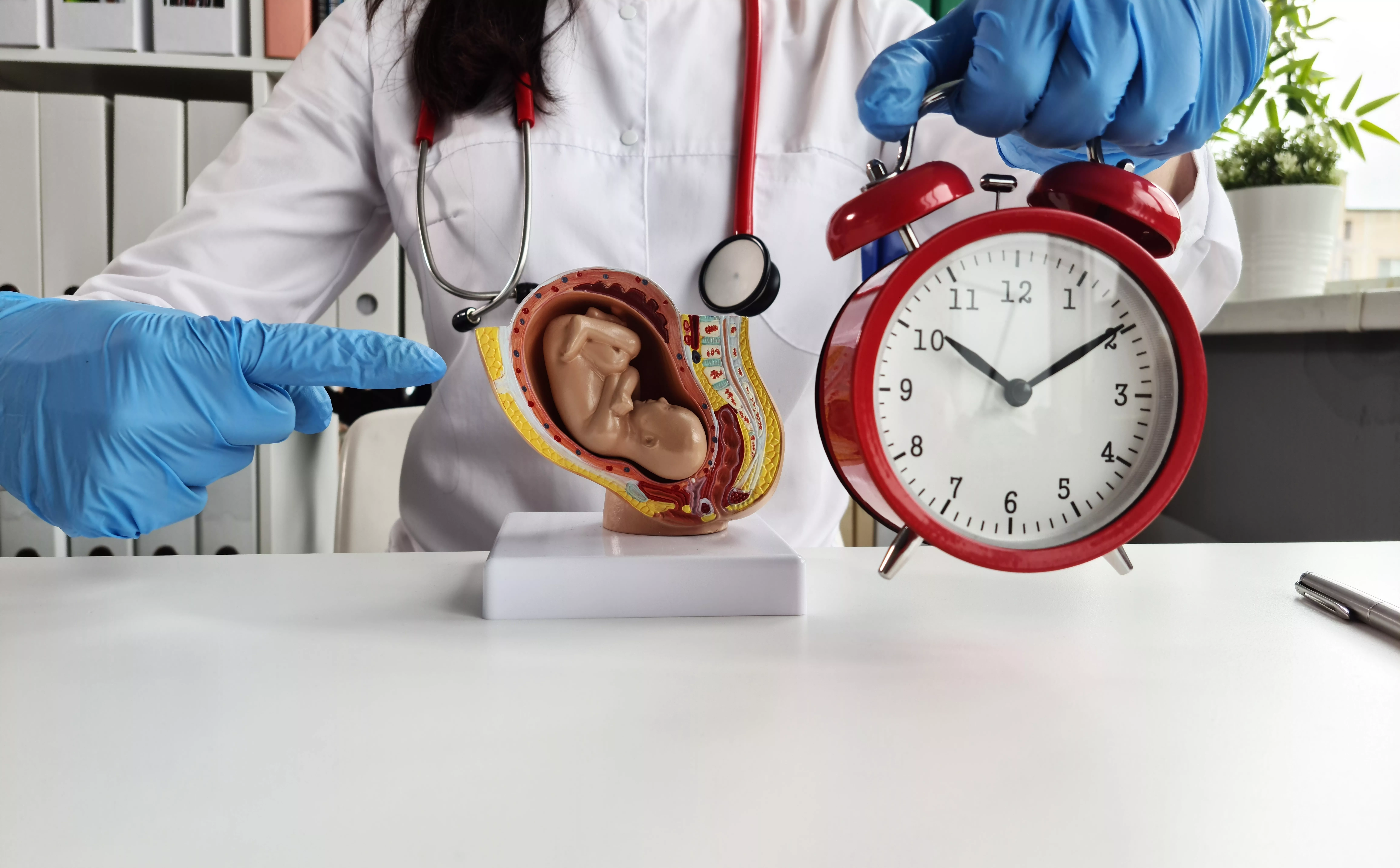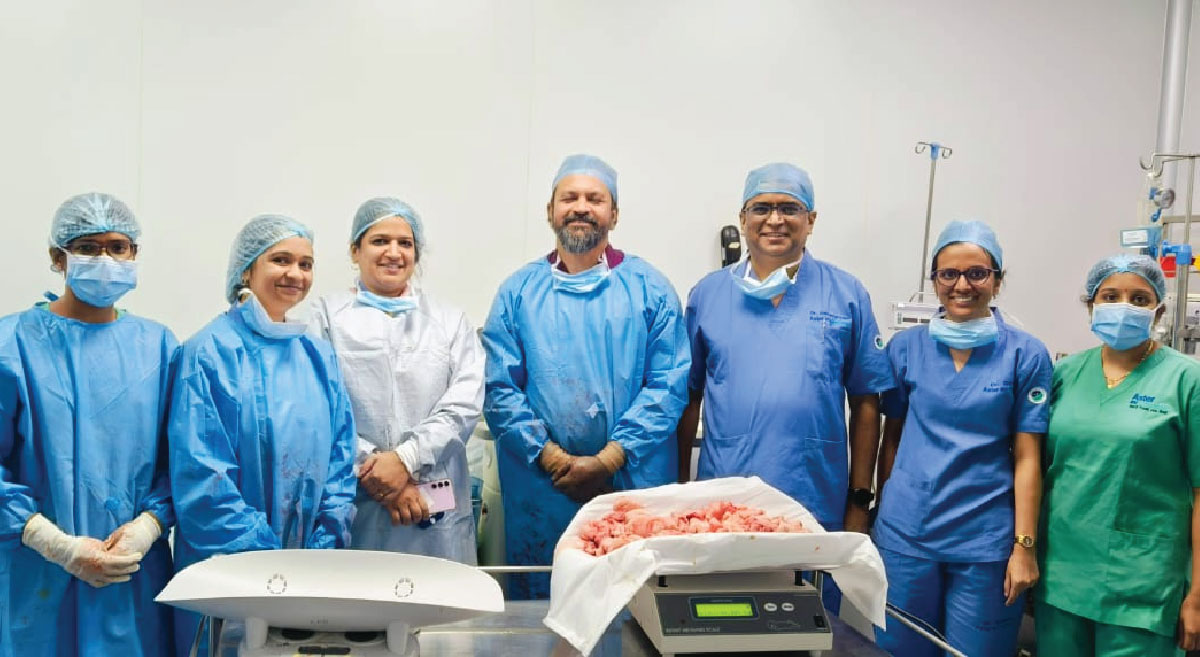The Department of Obstetrics and Gynaecology offers comprehensive services for the reproductive health and gynaecological needs of women. The Department of Obstetrics and Gynecology is an integral unit of Aster Hospital and is renowned for treating conditions related to urogynecology, conception, pregnancy, and infertility. The dedicated obstetrics and gynaecology team consists of obstetricians, gynaecologists, infertility management specialists, fetal medicine experts, gynaecological imaging experts who are supported by skilled nurses, and childbirth and lactation counsellors. Our team is proficient in managing high-risk pregnancies, menstrual disorders, menopause complications, female infertility, gynaecological infections, and gynaecological cancers. Advanced surgical techniques such as Leforts and Fothergill's approach for the management of uterine prolapse are also performed in our department. Our department has an outpatient and an inpatient division, well-equipped labour rooms, and maternity wards, daycare wing, and 24/7 availability of healthcare professionals who are capable of handling all possible obstetric and gynaecological emergencies.
Our Doctors
We have some of the best specialists from around the world, they bring years of experience and offer evidence-based treatment to ensure the best care for you.
Advanced Technology & Facilities
Well equipped with the latest medical equipment, modern technology & infrastructure, Aster Hospital is one of the best hospitals in India.
Our objective is to work in association through pregnancy, giving the greater part of the services one require, including full antenatal care, your preferred delivery choice, and obviously, postnatal care. Our specialist obstetricians are the main experts in their field.
Moms to-be who pick Aster MIMS Kottakkal for their maternity care can be sure that they will get the most elevated quality pregnancy care. We have luxurious rooms and suites offer the perfect setting for your joyous occasion. With our committed in-house facilities including a Neonatal Intensive Care Unit with cutting edge technology and comprehensive treatment plans, our pregnancy services are unrivaled.
Once an infant is out of womb, we offer the best advice for breast feeding and caring the baby, exercise after delivery and pediatric services, for example, infant screening tests and hearing tests and every day visits from a pediatrician till discharge.
Our maternity unit incorporates comfortable LDRs (Labor, Delivery and Recovery rooms) and state-of-the-art operation theaters in case needed.
A cervical biopsy is a strategy to expel tissue from the cervix to test for anomalous or precancerous conditions, or cervical malignancy. With the advanced technologies available for test for cervical biopsies, we make it easier in every possible way. The biopsy can expel a specimen of tissue for testing. It can likewise be utilized to totally take out irregular tissue. It can likewise treat cells that may transform into disease. A cervical biopsy might be done when variations from the norm are found amid a pelvic exam. It might likewise be done if irregular cells are found amid a Pap test. A positive test for human papillomavirus (HPV) may likewise call for cervical biopsy. HPV is a sort of sexually transmitted contamination. Certain sorts of HPV can bring about cervical tumor and different less common genital malignancies. A cervical biopsy is regularly done as a part of a colposcopy, likewise called a colposcopy-guided cervical biopsy. Our expert obstetricians use an instrument for colposcopy with a unique focal point to take a gander at the cervical tissues. A cervical biopsy might be done to discover growth or precancerous cells on the cervix. Cells that seem, by all accounts, to be unusual, however are not yet destructive, are called precancerous. These strange cells might be the main indication of malignancy that may create years after the fact. Thus with the advanced facilities, cancer at an earlier stage can be easily revealed.
Our expert care group at Aster MIMS Kottakkal comprehends the distressing way of finishing the fertility tests keeping in mind the end goal to find answers. We offer both HSG and SHG to meet your particular needs. The HSG is performed after the menstrual cycle is finished, yet before ovulation happens. The test includes infusing contrast media or color through the cervix into the uterus whereas SSG utilizes normal saline is to check the anomaly level of the uterus.
7 bedded 1st stage room
4 LDR
Labor suite with 1:1 nursing care
Pain less labor/ Epidural delivery
Intrapartum monitoring with CTG is routinely provided
Our gynecologist is well experienced with operative delivery
Delivery attended by qualified gynecologist on duty
To give best comfort to expecting mothers we have special options of obstetrics analgesia like epidural and entonox
Gynecologic Services
Ultrasonography
Chorionic villi sampling
Amniocentesis
Maternal marker screening
Fetal assessment:
- Fetal biophysical profile
- Fetal heart rate
Pap screening
Hormonal assays
Colposcopy
Hysteroscopy
The labor Room is the most versatile place at the hospital. Once you are placed in a room, this is the room that you will use for your labor and birth, in addition to the initial hours of recovery. The LDR is designed for all kinds of births. LDR can be used for women choosing to go unmedicated or those who wish to have an epidural. These rooms can also handle minor emergencies and procedures including forceps and vacuum deliveries.
LDR suites with facilities of labour, delivery & recovery under one roof.
All Operation Theatre/ Operating Rooms are equipped with KLS Martin's state of the art LED surgical light with colour temperature adjustment and in-surgery video recording capability. The OR tables are all USFDA approved products with operating room staff and patient safety in consideration.
The state-of-the-art Surgical microscope with fluorescence and inbuilt camera recording gives the Neuro and Plastic surgeon an edge in quick decision making and knowledge sharing on table. The ceiling mounted medical gas and electrical supply pendants are first of its kind in north Malabar giving the surgeons and staffs more space, efficient utilisation of the OR space, safety, ease of maintenance and troubleshooting etc. The surgeon control panel another feature in Operating room provides the operating room manager an efficient tool in the optimum environment maintenance and data for preparation of MIS reports. The simple and complex versions of Nerve integrity monitor and the computer aided Navigation System for the ENT, Neuro surgeries help the surgeons in identifying and avoiding the nerves so that the unintended loss of senses are avoided or reduced and the exact margins of the lesions or surgical sites are traced and followed. HEPA filter mounted laminar air flow, Automatic hermetically sealed Doors and the clear non crossing direction of movement of sterile and non-sterile items makes the OR sterile in practice.
Procedure rooms are created seperately for patients related to OBGY and Paediatirics to conduct small procetures.
Continuous Electronic Foetal Monitoring in Labour
Amniocentesis
Chorion villous sampling
Cord blood sampling
Foetal urine sampling
Amnioinfusion
Amnioreduction
Selective foetal reduction
Mammography is an X-Ray examination of breast tissue. The image produced is called mammogram. A mammogram can help detect problems with your breasts, such as cysts or cancer.
ORI Fusion Digital Integrated Operation Theatres With 22 Operating Rooms that are on par with some of the largest in the world, Aster Medcity, for the first time South India, introduces ORI Fusion Digital Integrated Operation Theatres using Karlstorz OR1 Fusion - Asia Pacific’s first complete digital integration system.
The integration enables real-time sharing of images, videos and medical reports, which not only facilitates virtual participation from any location in the world, but also helps the rest of the surgical team to monitor the patient closely during the operative procedure, much to the benefit and safety of the patient undergoing the surgery.
Aster Medcity is also the first surgical facility in the state to offer Robotic Surgery using high-precision da Vinci Surgery Robot.
FAQs
Want to find out more about the treatment? The answer to your questions can be found below.
Are Obstetricians and Gynaecologists same?
No
What conditions do Obstetrics and Gynaecologists treat?
Obstetricians manage:
- Pregnancy and prenatal care
- Labor and childbirth
- Postpartum care
- High-risk pregnancies
- Miscarriages
Gynecologists treat:
- Menstrual problems (e.g., heavy periods, pain)
- Reproductive health issues (e.g., endometriosis, fibroids)
- Fertility problems, Menopause management,
- Sexually transmitted infections (STIs),
- Gynecologic cancers (e.g., ovarian, cervical, uterine).
What are the early signs of Pregnancy?
Common early signs of pregnancy include:
- Missed period
- Nausea or morning sickness.
- Fatigue.
- Tender or swollen breasts.
- Increased urinationLight spotting (implantation bleeding)
- Food cravings or aversions.
- Mood swings.
What are Obstetrics and Gynaecology?
Obstetrics: The branch of medicine that deals with pregnancy, childbirth, and the care of women during and after childbirth.
Gynecology: The branch of medicine that focuses on the health of the female reproductive system, including the diagnosis and treatment of disorders and diseases related to the uterus, ovaries, fallopian tubes, and breasts.
What is pre natal care visit?
A prenatal care visit is a medical appointment for pregnant women to monitor the health of both the mother and the developing baby. It includes physical exams, lab tests, ultrasounds, and discussions about health, nutrition, exercise, and any potential complications.
What are the precautions of 1st Trimesterpregnancy?
Precautions during the first trimester include:
- Avoiding harmful substances (e.g., alcohol, smoking, certain medications).
- Eating a balanced diet with sufficient folic acid, iron, and calcium.
- Maintaining regular prenatal visits.
Patient Stories
Our patients are our best advocates, hear the inspiring stories of their treatment journey
Blogs
The source of trustworthy health and medical information. Through this section, we provide research-based health information, and all that is happening in Aster Hospital.
News & Events
Stay updated with the latest happenings at Aster Hospitals. Explore our News and Events section for insightful articles, health tips, upcoming events, and noteworthy achievements.















